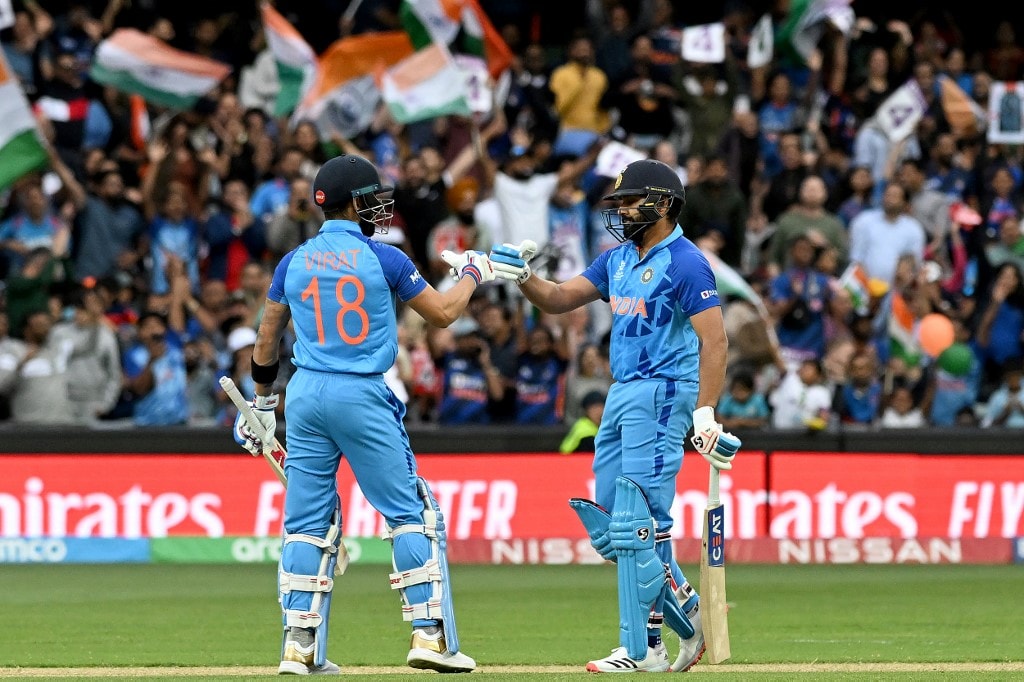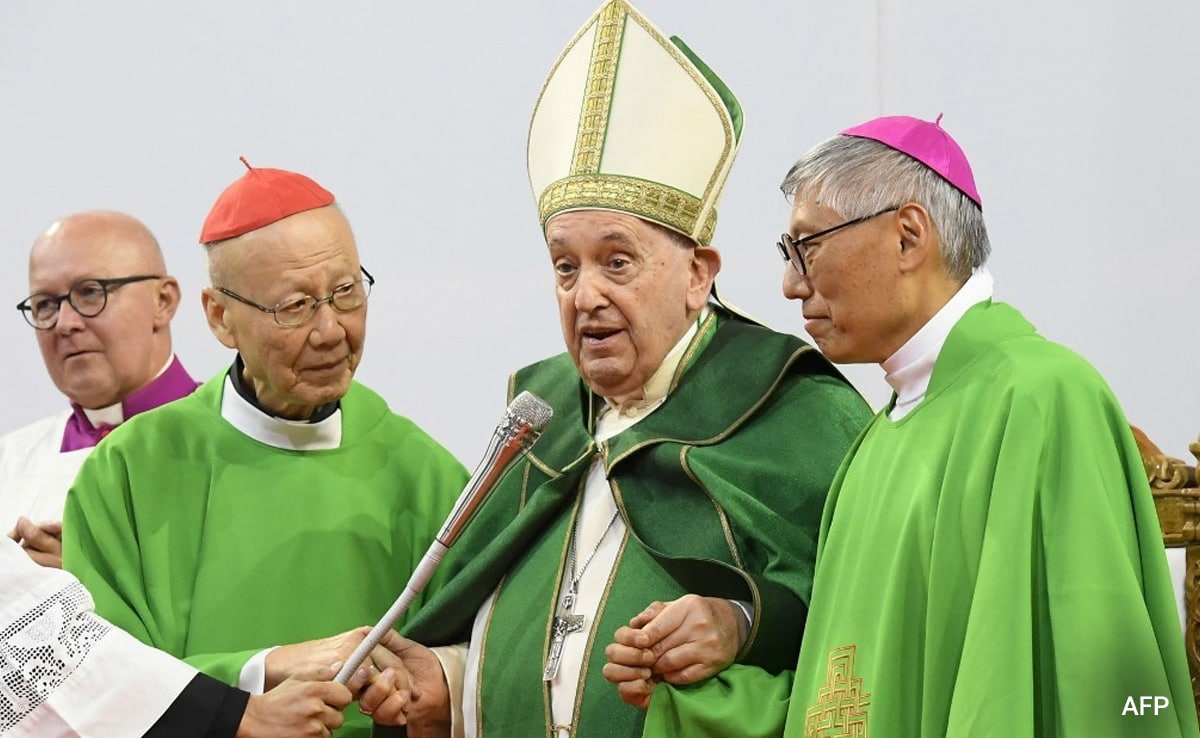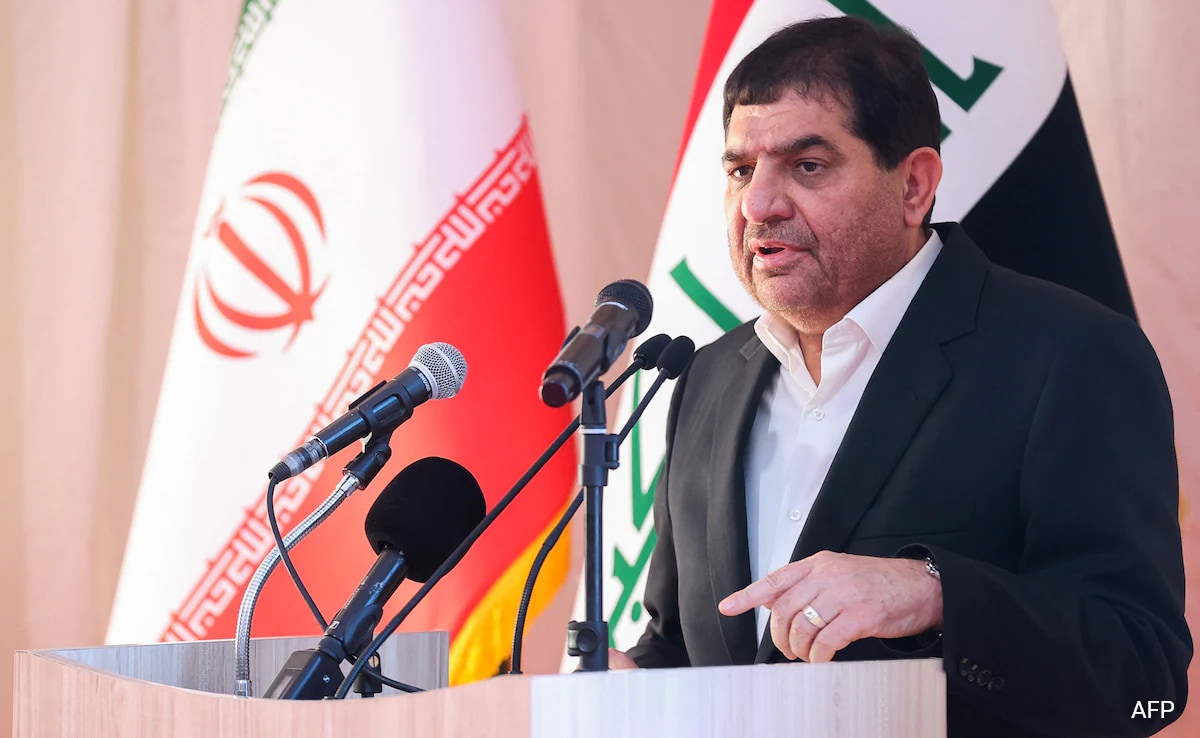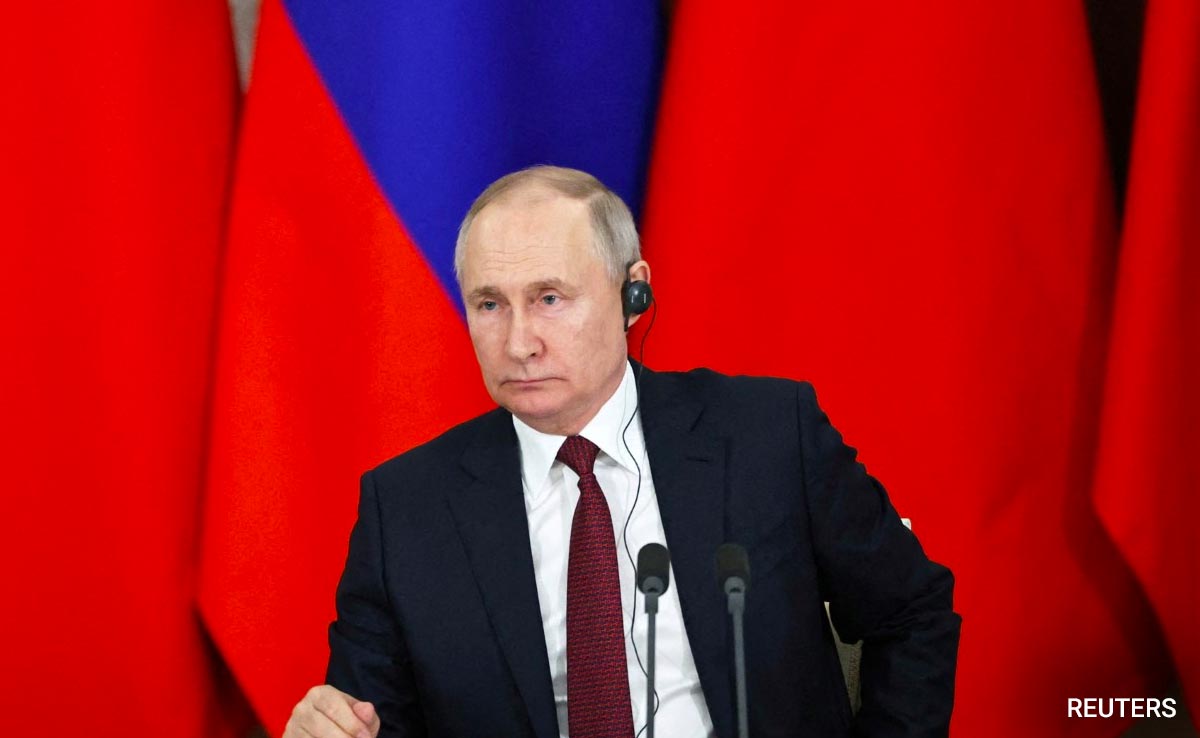Maldives’ main opposition candidate Mohamed Muizzu casts his vote in Male, Maldives, on September 30, 2023.
| Photo Credit: AP
Frontrunner and Opposition candidate Mohamed Muizzu appeared poised for victory in the Maldivian presidential race, provisional results of Saturday’s run-off showed, as he beat the India-friendly incumbent Ibrahim Mohamed Solih in a closely fought contest in the Indian Ocean archipelago.
Also read: The Hindu Profiles: Who is Mohamed Muizzu?
The second round of the presidential election saw a higher voter turnout of 86%, compared to the 79.85% recorded in the first, the lowest seen in a Maldivian presidential election. Around 9 p.m. IST, the Election Commission of Maldives showed Mr. Muizzu having garnered about 56% of the vote, while Mr. Solih had secured nearly 46%.
The vote for change in the Maldives comes after a strong anti-incumbency sentiment against the Solih administration, and a concerted Opposition campaign, led by his rival, former President and jailed leader Abdulla Yameen, demanding ‘India out’ of the country.
President Solih came under sharp attack from the Opposition for his close India ties. While the Opposition People’s National Congress-Progressive Party of Maldives coalition’s pro-China stance is no secret, observers within the Maldives have said Mr. Muizzu is unlikely to abruptly sever ties with India. The newly-elected leader would seek to balance India-China ties, they note, even as New Delhi hopes for continuity in India’s many infrastructure projects across the island nation.
Both candidates had made big promises on housing, a preoccupation for the Maldivian voter, as the island nation battles congestion and development skewed towards capital Male, while several other atolls await basic amenities. The winner of Saturday’s election, which followed an inconclusive first round on September 9, 2023, will have his task cut out, as the country faces mounting debt, dwindling foreign reserves and heightening climate risks.
The Maldives is also preparing for a referendum next month, for citizens to decide if the country must switch to a parliamentary system of governance, a long-time demand of former President and parliamentary Speaker Mohamed Nasheed. After his fallout with his party colleague and friend Mr. Solih —it is seen as a major reason for Mr. Solih’s electoral defeat —Mr. Nasheed backed a young aspirant who came third in the first round, and exited the race.












